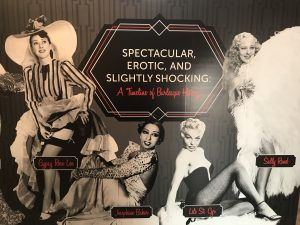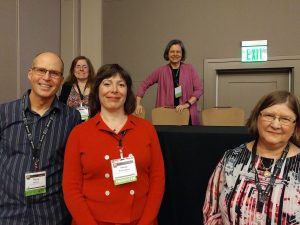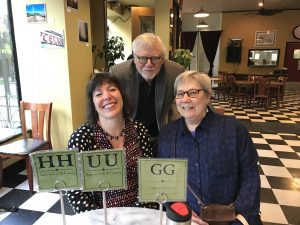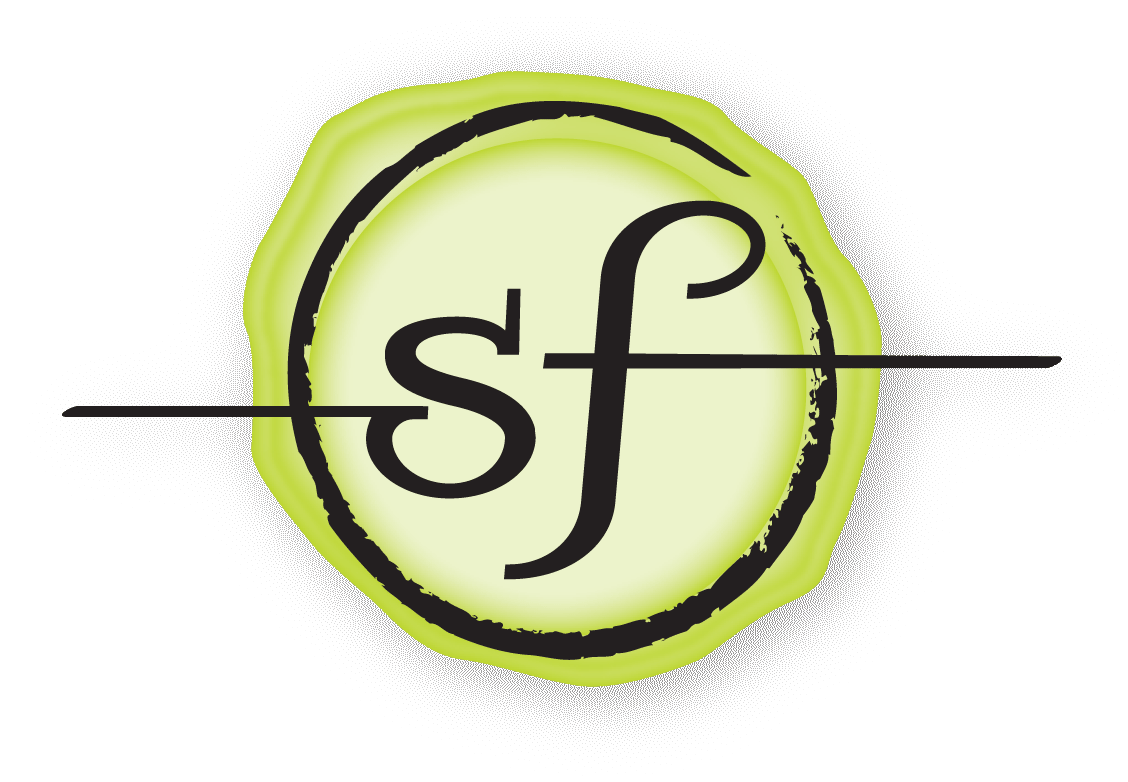
I have just returned from nearly four weeks on the road, visiting clients and attending conferences. All told, I covered about 8,750 miles and connected with many, many colleagues to exchange ideas and creatively explore our shared endeavor of engaging wide audiences in a reflection of the past.
The past two weeks, I have been in the western United States. First, I attended the annual meeting of the Organization of American Historians (OAH) in Sacramento, California, April 11-14, 2018. The OAH is the umbrella organization for historians who work in American history, whether professors, k-12 teachers, public historians, or those who work in some other venue. I find this conference to be a great way to stay current with the latest scholarly developments in the field, as well as to connect with history practitioners who work outside of my own specialty of public history. It’s not unusual for people specializing in other parts of the craft to have different perspectives on our collective work, and I make sure to check in regularly to see what ideas we can generate by talking to each other, outside of our professional silos. You can get highlights of the various conversations sparked by this conference by searching on the Twitter hashtag: #OAH18.

While at the OAH conference, I also was part of a luncheon plenary session exploring “The Opportunities and Challenges of Independent Scholarship.” (Within the history profession, practitioners who do not have a traditional employer are known as independent scholars.) The plenary, organized by Joan Zenzen, was comprised of five speakers with various paths to our current work situations. Two of us (myself and Mark David Spence) are self-employed; one (Barbara Franco) is creating a rich scholarly life in retirement; another (Isabelle Flemming) spoke on behalf of the National Coalition of Independent Scholars; and, finally, Becky Nicolaides, who works on contract and serves on the executive board of the American Historical Association, spoke specifically on issues of research access for scholars without academic affiliation. This opportunity allowed me to make some new acquaintances with work situations similar to my own, and numerous enlightening conversations have ensued from my becoming part of this event.
After the OAH conference wrapped up, I flew to Las Vegas, Nevada, for the annual meeting of the National Council on Public History (NCPH). This is the main conference for public historians, and I attend it nearly every year. I consider it a professional home, and to get a better sense why, you can search the conference hashtag—#NCPH2018—on Twitter.

I wasn’t scheduled to speak at this conference, intending instead to simply attend other people’s sessions and soak up all the good work and fresh ideas being presented at the conference. This most definitely happened, as I encountered invigorating sessions on documenting African American geographies, designing exhibits for outrage, and interpreting the history of vice, to name just a few of formal discussions I engaged in. But I also realized about halfway through the conference (and not for the first time) that a lot of the power in conferences comes from what happens outside of the pre-planned events. Impromptu conversations in the exhibit hall, meeting long-time colleagues for a quick drink, and going out for dinner with impractically large groups of people swapping stories and seeking advice—this is the real reason I go to conferences. Public historians are in the business of building communities and nurturing connections to the past, and it is in our professional relationships to each other that we get refreshed, inspired, and recommitted to this important work we do.
